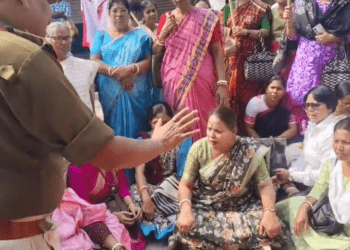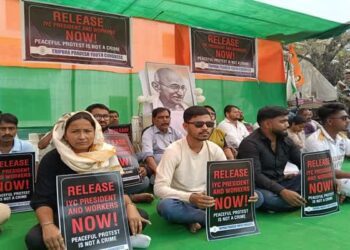New Delhi, India: The Citizenship Amendment Act (CAA) has been officially implemented across the country, as announced by the Center. Although the CAA was initially expected to take effect at 10 PM today, an ordinance was issued on the eve of the week’s commencement.
Notably, over the past few months, several leaders from the ruling party have consistently asserted that the CAA would soon be put into practice nationwide. On this significant day, the Ministry of Home Affairs, under the leadership of Amit Shah, formally endorsed this claim.
The Modi government, having returned to power for the second time in 2019, successfully passed the CAA. The primary objective of this legislation is to provide asylum to religious minorities from Muslim-majority countries such as Bangladesh, Pakistan, and Afghanistan, who face religious persecution.
Interestingly, during his recent visit to Bengal, Prime Minister Modi refrained from addressing the CAA issue directly. However, on Monday evening, the Center made a sudden announcement regarding its implementation.
The memory of the demonetization era was evoked by this swift decision. Just days ago, BJP MP Shantanu Thakur confidently asserted that the CAA was being put into action. He stated, “Even if it occurs one or two days before the election announcement, the CAA will be implemented. It could even happen an hour before the election code of conduct takes effect.”
In contrast, the opposition party, Trinamool, dismissed the announcement as an “attempt to deceive displaced people.” Meanwhile, members of the Matua community celebrated the news by beating drums and cymbals, believing that their longstanding demand had finally been met.
Despite the jubilation within the Matua community, the opposition contends that the CAA announcement is merely a political maneuver orchestrated by the BJP. The timing of this announcement, just before the Lok Sabha elections, has raised eyebrows and sparked debates.

















